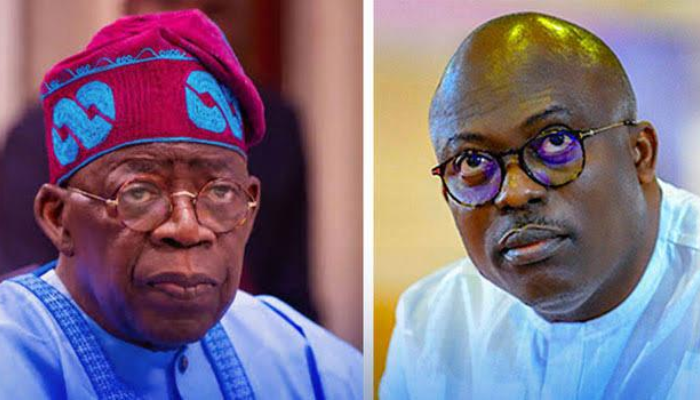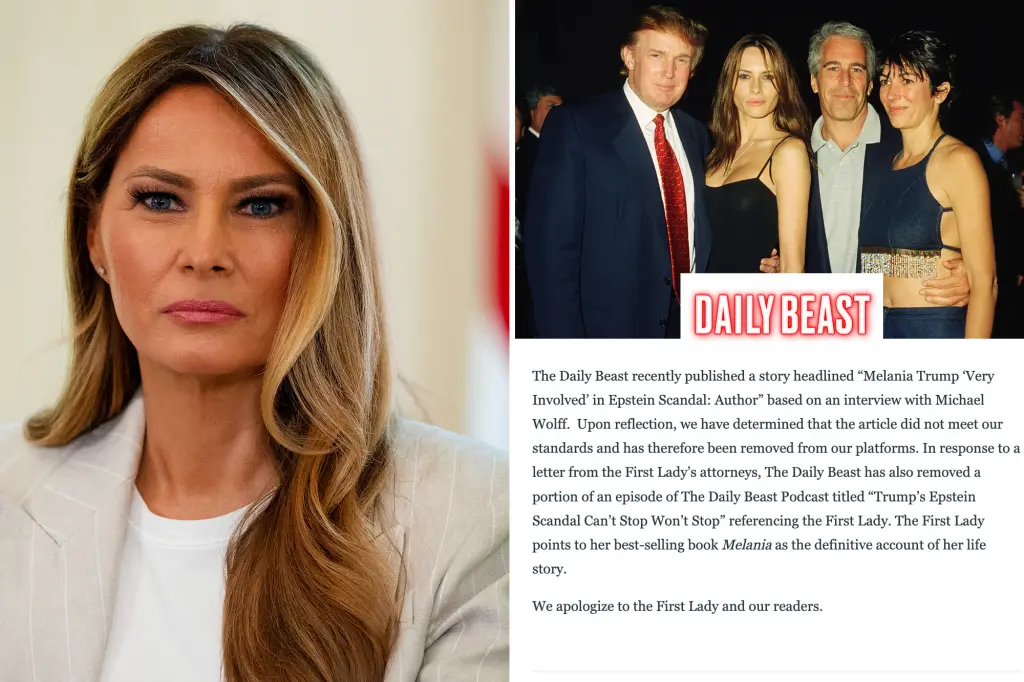By Taofeek Oyedokun
Copyright businessday

Exactly six months after being suspended under a controversial state of emergency, Governor Siminalayi Fubara is expected to return to office today. His comeback, however, is more than a personal victory. It is a test of whether one of Nigeria’s wealthiest states can finally align its impressive fiscal performance with political stability.
President Bola Tinubu had, on March 18, 2025, declared a state of emergency in Rivers State, suspending Fubara, his deputy, and members of the House of Assembly. The extraordinary measure followed months of chaos fuelled by a fierce rift between Fubara and his predecessor, Nyesom Wike, now the minister of the Federal Capital Territory (FCT). The assembly became the epicentre of the political turmoil, with lawmakers sharply divided between loyalty to Fubara and allegiance to Wike.
Tinubu justified his intervention by citing ‘political instability, constitutional breaches, and security threats.’
Read also: Tinubu lifts state of emergency in Rivers, Fubara to resume Sept 18
He appointed Vice Admiral Ibok-Ete Ibas (rtd), former chief of naval staff, as sole administrator. But the decision was immediately met with public outcry, with critics branding it unconstitutional and an assault on democracy.
Six months later, as the emergency rule expires, the state faces a new dawn, though not without scars.
The past six months have been defined by backroom negotiations and delicate compromises. Fubara met several times with both Tinubu and Wike in a bid to end the bitter rivalry that has threatened governance in the state.
Local government elections were conducted on August 30 to replace councils previously nullified by the Supreme Court. The ruling All Progressives Congress (APC) swept 20 of the 23 local government areas. But the polls, condemned by stakeholders as deeply flawed, further exposed Rivers’ fragile democratic process.
“You know by September 18, the state of emergency will expire and the governor and state House of Assembly will come back to their jobs… If this election was not conducted, it means that there is no governance at the grassroots level,” Wike declared after casting his vote.
Ibas, whose tenure as sole administrator was marred by controversies, launched the transition process with a thanksgiving service last Sunday.
Read also: Fubara: PDP demands probe of six-month emergency rule
A fiscal giant in political shackles
For all its political turbulence, Rivers has consistently ranked as Nigeria’s fiscal powerhouse. Data from BudgIT’s State of States Report 2024 show that the state ranked 1st out of 36 states in overall fiscal performance for two consecutive years (2022 and 2023).
In 2023 alone, Rivers generated N203.56 billion in Internally Generated Revenue (IGR), a 6.09 percent growth from the previous year, securing its place as Nigeria’s second-highest IGR earner after Lagos. Its Federal Account Allocation Committee (FAAC) receipts hit N339.53 billion, a 15.57 percent increase year-on-year. Combined with grants and aid, total revenue stood at N561.73 billion.
The state has also demonstrated fiscal discipline. With operating expenses and loan repayments amounting to N206.63 billion, Rivers recorded an excess revenue of N355.10 billion. Its debt sustainability rank stood at 5th, with total debt per capita at N32,954 – well below alarm thresholds.
Rivers also distinguished itself in capital spending. In 2023, it devoted N563 billion (77 percent of total expenditure) to infrastructure, roads, public facilities, and development projects, leaving N167.86 billion (23 percent) for recurrent costs. This bold push has positioned the state as a model for infrastructure-led growth.
But political instability has undermined the confidence of investors and development partners despite these stellar numbers.
The cost of instability
Despite its fiscal resilience, Rivers has not been able to fully translate its revenues into widespread prosperity. Per capita figures tell a mixed story. While capital expenditure per citizen stood at N60,756 in 2023, IGR per capita was only N21,967, reflecting limited diversification and weak tax efficiency.
Debt, though manageable, has also been climbing. Between 2017 and 2023, Rivers’ total debt grew by 22.41 percent reaching N305.37 billion in 2023.
Stakeholders argue that this growth trajectory could be compromised if political uncertainty persists. “The state is retrogressing due to political instability and insecurity,” an analyst who doesn’t want his name mentioned observed. “Investors need assurances that governance is predictable and democratic institutions are intact.”
Read also: Fubara walks tight rope ahead Sept 18 resumption
What next for Fubara and Rivers?
As Fubara prepares to resume office, he faces a daunting task: to stabilise politics while sustaining fiscal growth. Analysts say the path forward requires a shift from infrastructure-heavy spending towards human capital development, job creation, and strengthened security architecture.
Beyond governance, the larger test is political reconciliation. Without genuine peace between Fubara, Wike, and their loyalists, fiscal strength could once again be overshadowed by crisis.
Rivers State, the ‘Treasure Base of the Nation,’ has proved that it can lead Nigeria in revenue generation and fiscal discipline. But as Fubara returns to power, the question remains: can the state finally break free from political strife and match its economic might with democratic stability?
The next few months will determine whether Rivers continues as a fiscal giant shackled by instability, or emerges as a true model of prosperity and political maturity, analysts say.



